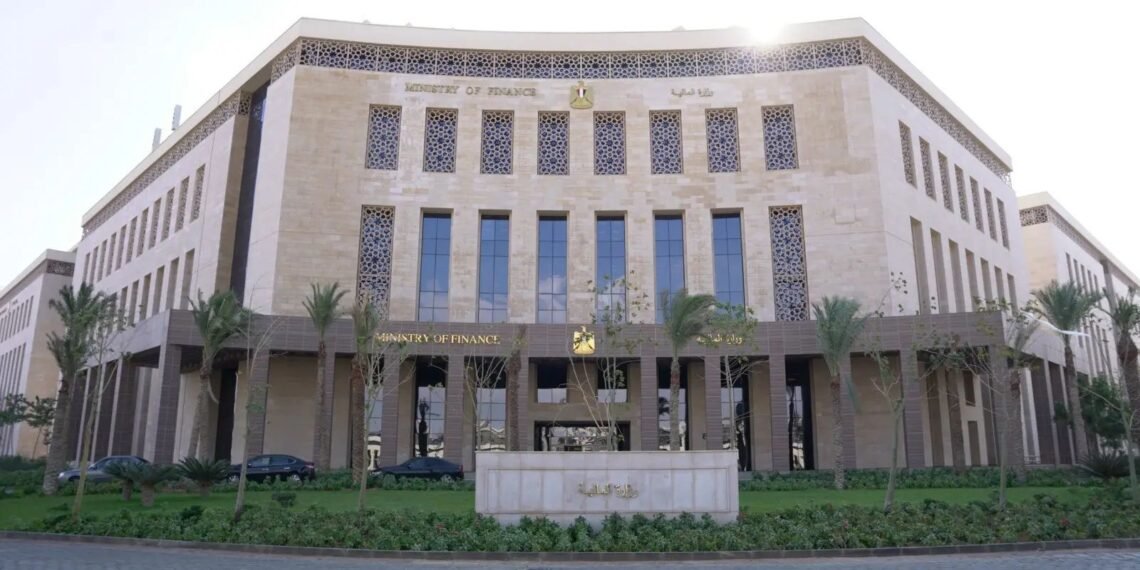Egypt is moving ahead with plans to raise $1.5 billion through a dual-tranche sukuk issuance, scheduled for Tuesday, October 7, 2025, according to a statement from the Ministry of Finance. The development underscores the country’s growing reliance on Islamic finance to diversify funding sources and lower borrowing costs.
The offering has already attracted significant global attention. According to the ministry, investor orders have exceeded $9 billion, showing strong confidence in Egypt’s Sharia-compliant sovereign debt. Officials highlighted this as a clear indication of the appetite for Islamic bonds in international markets.
The issuance is split into two parts. The first tranche is a $700 million 3.5-year note maturing in 2029 with a yield of 6.375%. The second is an $800 million 7-year note maturing in 2032 with a yield of 7.950%. The combined average cost of financing stands at 7.2%, which is below the 7.5% yield of Egypt’s comparable five-year Eurobonds currently traded on the secondary market.
According to the Finance Ministry, both tranches were priced at favorable levels. The shorter sukuk was set about 20 basis points below similar bonds in the secondary market, while the longer note was priced with a 35 basis point discount. Officials said this reflected growing investor trust in Egypt’s credit outlook.
The issuance fits neatly into Egypt’s debt management strategy, which focuses on reducing borrowing costs, broadening funding channels, and lengthening maturities. Authorities explained that the government’s long-term fiscal objective is to steadily cut external debt sustainably, targeting reductions of $1 billion to $2 billion each year under the five-year Narrative for Economic Development.
Sukuk, often described as Islamic bonds, are gaining increasing attention worldwide. Rather than paying interest, they generate income from assets or projects tied to their structure, making them attractive to investors seeking both compliance with Islamic principles and portfolio diversification.
Earlier in fiscal year 2024/2025, Egypt completed a $1 billion private placement, its second sovereign sukuk following a $1.5 billion debut issuance in February 2023.
The timing of this latest issuance is significant. It comes as Egypt prepares for an International Monetary Fund (IMF) mission this week to review the country’s progress under its $8 billion Extended Fund Facility (EFF) program. The outcome of the IMF’s fifth and sixth reviews could affect both future reform momentum and borrowing needs.
Globally, sukuk markets are surging. Fitch Ratings projects that outstanding sukuk debt will surpass $1 trillion by the end of 2025. In 2024 alone, sukuk represented 12% of all U.S. dollar-denominated emerging market debt issuance outside of China.
Egypt Expands Funding Base Through Sukuk
This is not Egypt’s first foray into global markets in 2025. In January, the government issued $2 billion in bonds, marking its first dollar-denominated bond deal in nearly two years. That issuance was divided between $1.25 billion in five-year bonds with an 8.625% yield and $750 million in eight-year bonds yielding 9.45%.
Investor demand for Egypt’s sukuk issuance has also been robust. According to the ministry, orders for the October deal reached as much as $10 billion.
The government has appointed a consortium of major international banks, including JPMorgan Chase & Co, Citigroup, HSBC Holdings, Goldman Sachs Group, Standard Chartered, and Sumitomo Mitsui Banking, to manage the transaction.
This latest step builds on Egypt’s growing track record with sukuk issuance. In 2023, the country raised $1.5 billion through its debut offering, marking the beginning of what has become a recurring tool for financing and market diversification.
A Sukuk bond is a Sharia-compliant financial certificate that represents a share of ownership in an underlying asset or project, rather than a loan of money like a conventional bond. Investors receive returns based on the performance of the assets, not interest payments.
With demand rising and costs relatively favorable, Egypt’s sukuk strategy appears set to remain a central feature of its financing plans. Officials believe these Islamic debt instruments not only strengthen external reserves but also broaden the investor base at a time when global markets are closely watching the country’s economic reforms.
READ ALSO: Global Sumud Flotilla Meets Fate Of Its Predecessors























